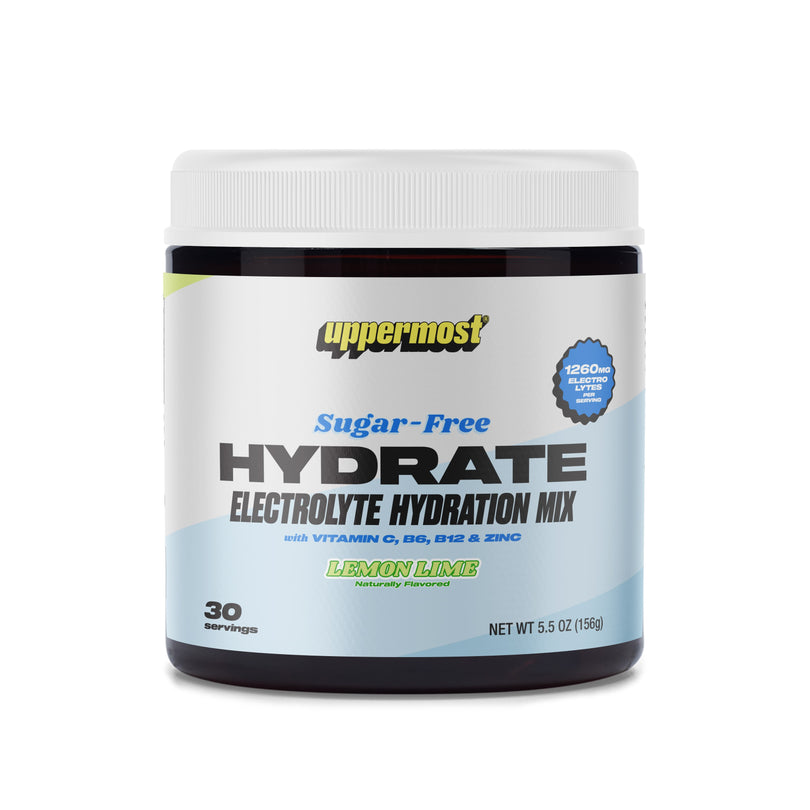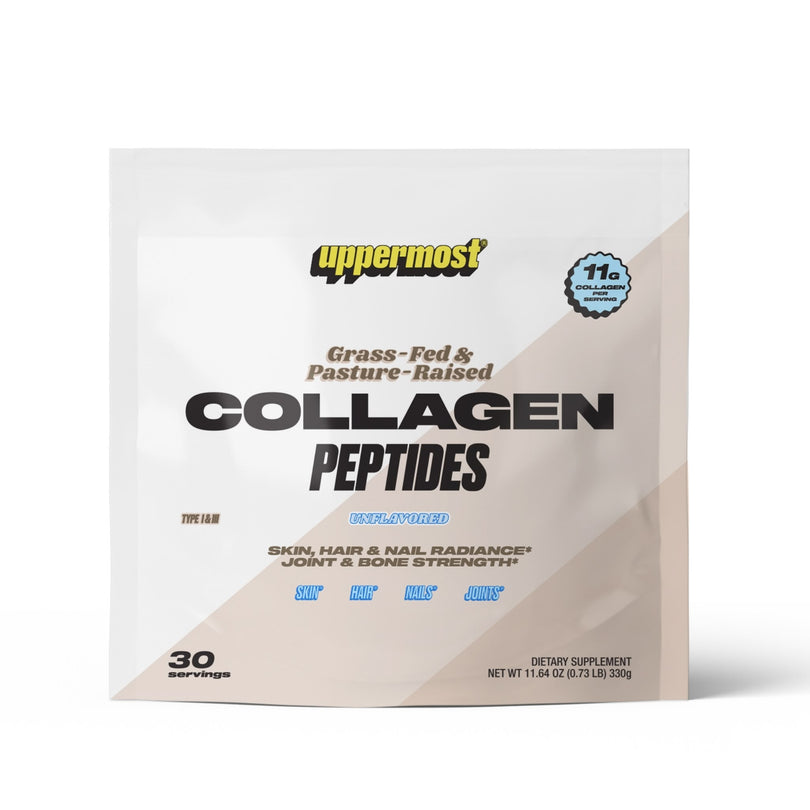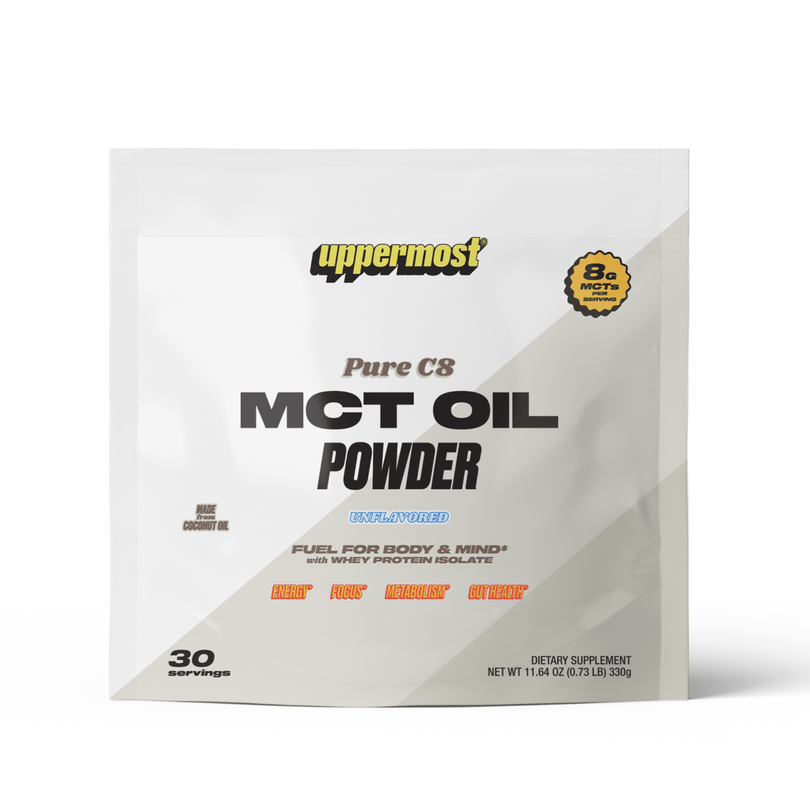Sparkling water has gained a lot of popularity in recent years as a refreshing and healthy alternative to sugary sodas and other carbonated drinks. However, there is a lot of debate over whether sparkling water can actually hydrate you, or if it has negative effects on your health. In this blog post, we'll take a closer look at the science behind sparkling water and explore the potential benefits and downsides of drinking it.
First, let's start with the basics: what is sparkling water? Simply put, it's water that has been infused with carbon dioxide gas under pressure, which creates bubbles and makes the water fizzy. Some people prefer plain sparkling water, while others enjoy flavored and sweetened versions that come in a variety of flavors, such as lemon, lime, berry or grapefruit.
Now, on to the question at hand: does sparkling water hydrate you? The short answer is yes, sparkling water can hydrate you just as well as still water. Both still and sparkling water are made up of the same H2O molecules, and your body can use them both to replenish fluids and stay hydrated. However, there are a few caveats to keep in mind.
For starters, some people find that the bubbles in sparkling water can make them feel fuller faster, which can lead to drinking less water overall. This can be a problem if you're trying to stay hydrated, especially if you're exercising or in a hot environment where you're sweating a lot. Additionally, some flavored and sweetened sparkling waters may contain added sugars or artificial sweeteners, which can be dehydrating and unhealthy if consumed regularly.
Another potential downside of sparkling water is that the carbonation can irritate your stomach and lead to bloating or discomfort. This is more common in people who have sensitive digestive systems or who are prone to acid reflux. If you experience these symptoms after drinking sparkling water, it may be best to stick to still water instead.
Despite these potential downsides, there are some benefits to drinking sparkling water as well. For one, it can be a great way to switch up your water routine and add some variety to your daily hydration. This can be especially helpful if you struggle to drink enough water or find plain water boring. Additionally, some studies have suggested that the carbonation in sparkling water can help with digestion and may even have some anti-inflammatory effects.
When it comes to flavored and sweetened sparkling waters, it's important to read the labels carefully and be mindful of the ingredients. Some brands may add sugar or artificial sweeteners to their products, which can negate the potential health benefits and lead to other issues, such as tooth decay or weight gain. If you're looking for a healthier option, try choosing sparkling waters that are flavored with natural fruit extracts or essences, or making your own by infusing plain sparkling water with fresh fruit.
In conclusion, sparkling water can hydrate you just as well as still water, but there are some potential downsides to keep in mind. If you're sensitive to carbonation or have digestive issues, it may be best to stick to still water instead. Additionally, flavored and sweetened sparkling waters should be consumed in moderation and chosen carefully to avoid added sugars or artificial sweeteners. Overall, sparkling water can be a refreshing and healthy addition to your hydration routine, but like any beverage, it's important to consume it in moderation and be mindful of the ingredients.






